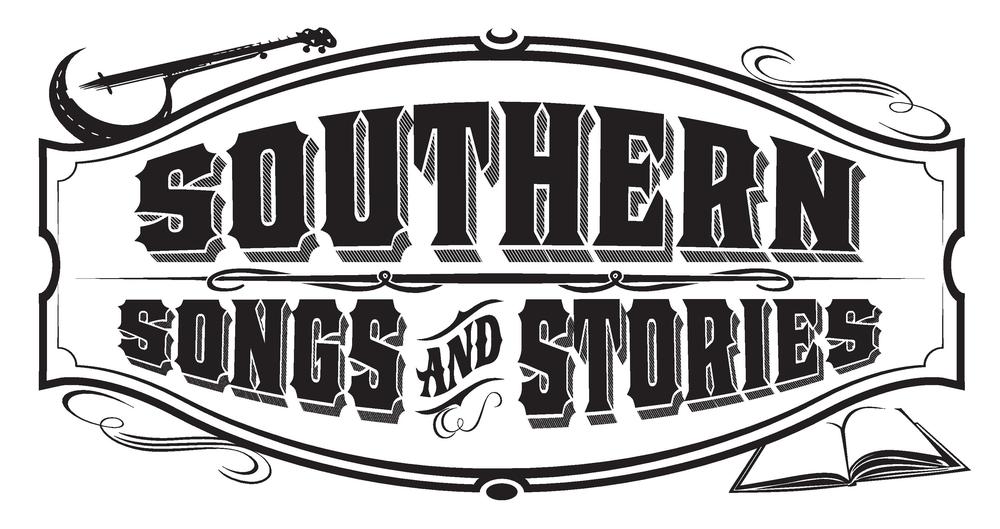There is a decidedly darker mood in the United States than ever in our lifetimes, it seems. In just one example poll recently, one in five Americans agreed that violence is necessary to get the country back on track. With that in mind, it seems like a good time to remember what happened the last time the country acted on this, when we fought the Civil War. Between 1861 and 1865, at least 1,030,000 people were killed, including about 620,000 soldier deaths—two-thirds by disease—and 50,000 civilians. No major battles were fought in the North Carolina mountains, although there was one particularly dark Appalachian chapter of the bloody nationwide saga, the Shelton Laurel Massacre, which took place in Madison County NC.
Here, we revisit the first of a two-part series that originally published in 2021. The original article, with much more back story, is on our page here, and you can find these and 150 other episodes of Southern Songs and Stories on your podcast app of choice.
Historical marker in Madison County, NC
Songs heard in this episode:
“Bonaparte’s Retreat” by Fiddlin’ Arthur Smith & His Dixieliners
“Beautiful Dreamer” by Hesperus from A Civil War Scrapbook
“8th of January/Cumberland Gap/8th Day of January” by Sheila Kay Adams, from All The Other Fine Things
Southern Songs and Stories is a part of the podcast lineup of both public radio WNCW and Osiris Media, with all of the Osiris shows available here . You can also hear new episodes of this podcast on Bluegrass Planet Radio here. Thanks to Carol Rifkin for pointing me to much of the music here, to Sean Rubin for converting tapes of the show Over Home to digital format, and to Corrie Askew for producing the radio adaptations of this series on public radio WNCW, where we worked with Joshua Meng, who wrote and performed our theme songs.








